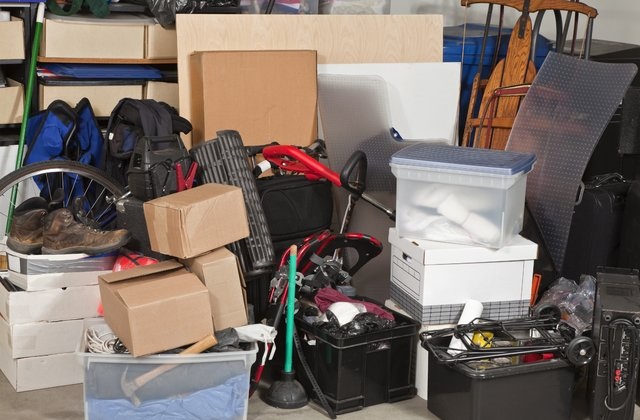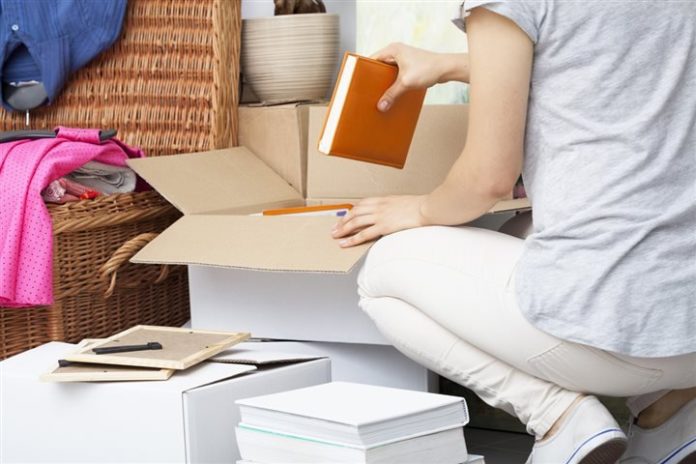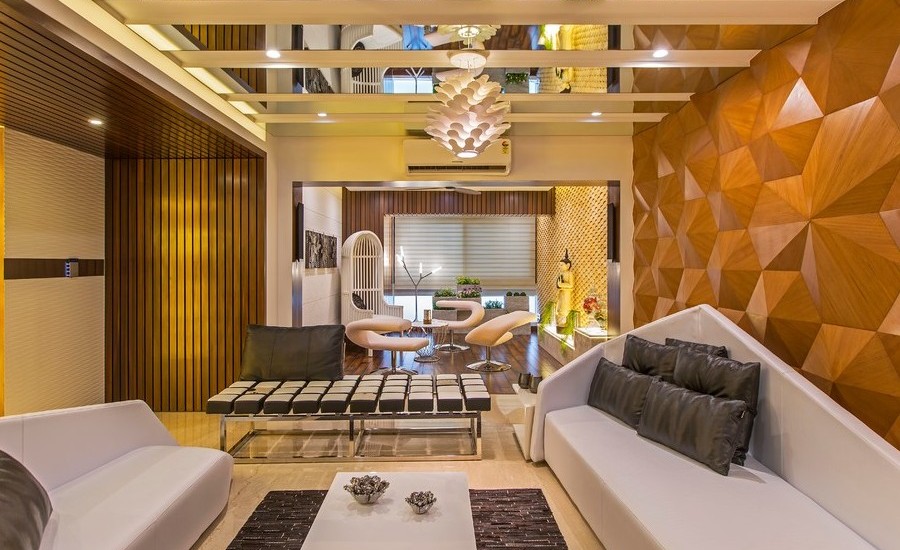There was a time when living with some degree of clutter was difficult to avoid. Most people didn’t have much disposable income so they had to hang on to more things in case they might need them again in future. Books, music and film took up space in the home instead of sitting on a hard drive. Computers, televisions and stereos were big and bulky. That time is past and now we’re free to manage our homes in a very different way. It’s one thing, however, to be attracted to the idea of living in an uncluttered home. It’s quite another to achieve it. Where should you begin?
Work out what’s useful
How many of your possessions do you actually use on a regular basis? Go round your house and list every item that doesn’t seem to be fulfilling a practical function, no matter how big or how small it is. If this feels a bit overwhelming, do it one room at a time. You can then work through this list with other members of your household to find out if there are items they use that you don’t.
There are some things that are guaranteed to be useful again so are worth holding onto even if you don’t use them all the time, like seasonal clothing, Christmas decorations and spare bedding for guests. You don’t, however, need to have them sitting around all the time where they can get in the way, so sort out a place to store them when they’re not needed.
Work out what matters to you

William Morris said: “Have nothing in your house that you do not know to be useful or believe to be beautiful.” It’s okay to hang onto some items because you find them beautiful or because they have sentimental value. They might be family heirlooms, or they might have been given to you by a loved one. Think carefully about each one to determine whether it really matters to you or you’re simply in the habit of thinking of it that way.
If there are some items you’re not sure about and you’re concerned that if you get rid of them you might really regret it later, cross them off your main list and add them to a separate list. then put them away and don’t look at them for a year. If you haven’t felt a strong urge to retrieve them during that time, the chances are that you’ll be ready to let them go for good.
Simplify what you have
Sometimes we get used to living with things that take up a lot of space when we could enjoy the same facilities they provide to us without that. Making more practical choices about such items can do a lot to create space in the home and make it easier to look after. Do you, for instance, really need a big dining table when replacing it with a folding table could free up half the room? Do you need a lot of separate kitchen gadgets when combination gadgets are easier than ever to find and just as effective?
One of the most useful things to dispense with is the tangle of cables that frequently surrounds televisions and computers. Check out this FAQ for cord cutters to learn about alternatives to some of the devices you currently need cables for and make cord cutters a priority as you revamp your home. Where you can’t get rid of cables you can run them together inside tubes to keep them neat – this will also help to protect them from your pets.
What to do with it all

One reason that some people end up holding onto a lot of things is that they don’t like the idea of waste. In a society that does tend to focus heavily on materialism and disposability, resulting in pollution, this is understandable – but getting rid of clutter doesn’t need to mean throwing it into the garbage. If there’s a thrift store near you, they will usually be glad of donations, and may be able to recommend other outlets for items they can’t take. This way, the things you no longer need will go to help people who couldn’t afford to buy new ones. You can also sell items on auction sites, give them away via Freecycle or see if you have friends who could find them useful.
Decluttering can be done ethically, and it may well make you feel better about parting with once-treasured items if you know that somebody else is enjoying them. Meanwhile, you’ll enjoy all the extra space you’ve created. You’ll have a home that feels bigger, brighter, fresher and back in your control.


















